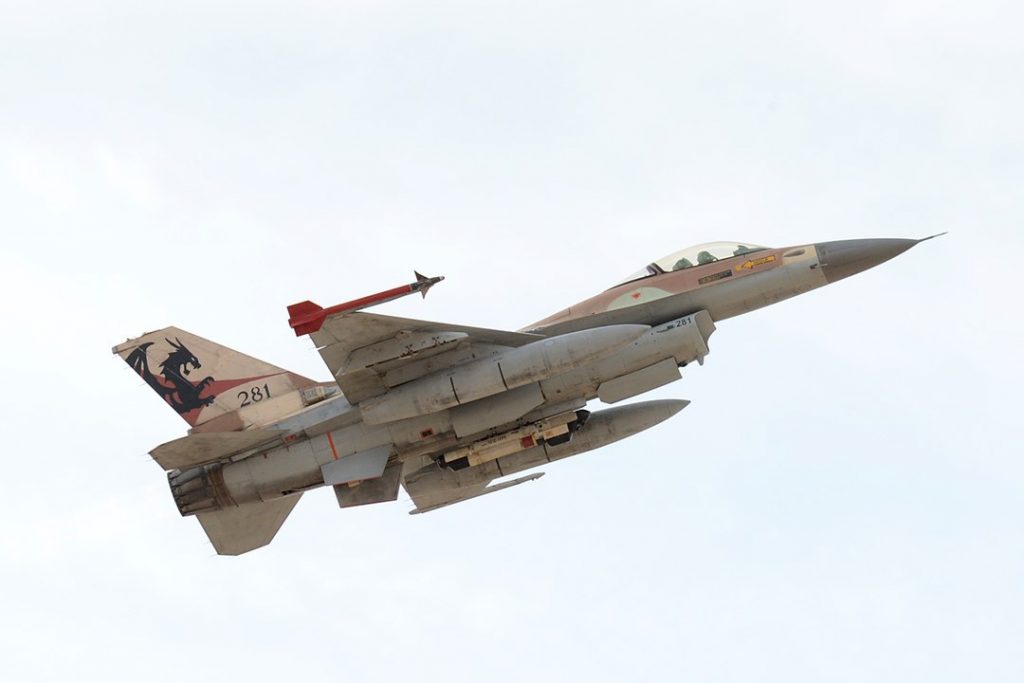
As tensions continue to simmer along the Israel-Lebanon border, Israel faces a critical decision: Enter a full-scale war with Hezbollah in 2024 or delay it by 1-2 years? This complex dilemma presents opportunities and risks, with compelling arguments on both sides of the debate.
The case for immediate action
Imminent military engagement would grant Israel several significant tactical advantages:
Military readiness: The IDF is fully deployed along the northern border and maintains a high state of combat readiness. This follows long months of active engagement on several fronts, as well as numerous training exercises focused on Lebanon battle scenarios.
Civilian factor: Many residents in border areas have already been evacuated, reducing Israel’s vulnerabilities to potential Hezbollah attacks and cross-border raids. As Israel has already borne the costs of this tactical retreat, it could benefit from taking action now instead of being forced into another evacuation in 1-2 years.
Hezbollah’s weakened position: IDF operations and intensified strikes have degraded Hezbollah, especially in areas near the border that would be the focal point of initial combat. With the loss of senior and field commanders and destruction of military positions and assets, Hezbollah would enter a full-scale conflict in a state of disarray, particularly in southern Lebanon.
Arguments for delaying war
The postponement of a major military conflict by 1-2 years could offer some vital benefits for Israel:
Recovery and replenishment: The IDF and Israeli society require time to recover from the prolonged conflict in Gaza and elsewhere. This includes replenishing IDF stockpiles, repairing and acquiring military gear, recruiting more soldiers, and restoring a vibrant economy.
Hezbollah’s strategic arsenal: Despite tactical losses, Hezbollah’s core strategic capabilities, particularly its heavy missile arsenal, remain largely intact. This poses a significant threat and could result in substantial costs for Israel. Incurring this price now, with costs from the current war already mounting, may be ill-advised and place Israel in a difficult position.
Risk of regional escalation: A war with Hezbollah now would likely escalate into a wider regional conflict, leading to more intense attacks on Israel from multiple fronts. Israel may not be in an ideal position to fight this war at this time due to the factors noted above.
Potential benefits of waiting
A delay of one or two years is favored by some veteran military experts and may offer additional advantages:
Enhanced military capabilities: Israel stands to gain new military tech and equipment, including operational laser-based air defense systems as well as modern refueling aircraft from the US, expected to arrive in 2025. These additions could significantly bolster Israel’s position, especially if a war escalates into a regional conflict against the Iran axis.
Shifting global dynamics: The global political landscape may evolve in Israel’s favor, with the possibility of more supportive leadership coming to power in the US and Europe. Additionally, larger munitions stockpiles and boosted local production could reduce Israel’s vulnerability to international pressure.
Complex decision for Israel’s leaders
The lack of a clear answer highlights the complexity of the situation. Some respected analysts argue that in considering the big picture, delaying conflict to build up strength is the better option.
IDF Brigadier General (res.) Eran Ortal, a seasoned military expert, argued in a detailed article that Israel should take two years to prepare its economy and army to ensure a shorter, more decisive war to defeat Hezbollah. [Here’s the full analysis, in Hebrew]
However, this strategy is not without risks, as it would allow Hezbollah time to regroup and potentially strengthen its own position. It is also difficult to predict the future state of Israel’s domestic landscape and foreign relations.
Ultimately, Israel’s leadership faces difficult decisions with critical implications for national security and regional stability. Whichever course of action is chosen, it will inevitably involve risks and far-reaching implications for Israel’s society and future in an increasingly volatile Middle East.


